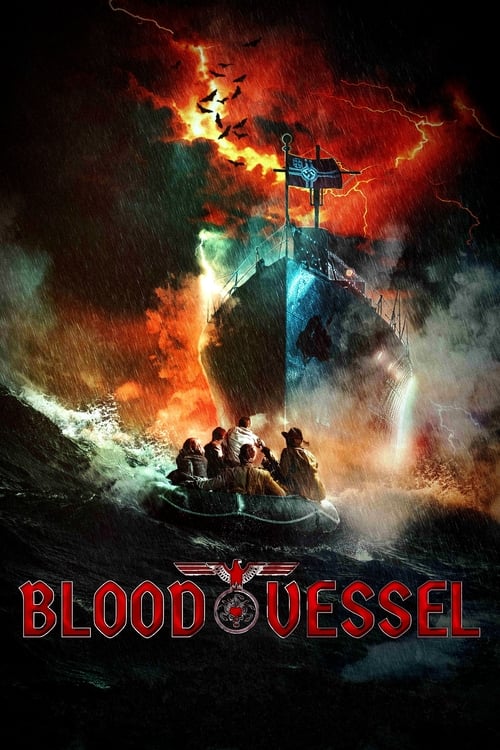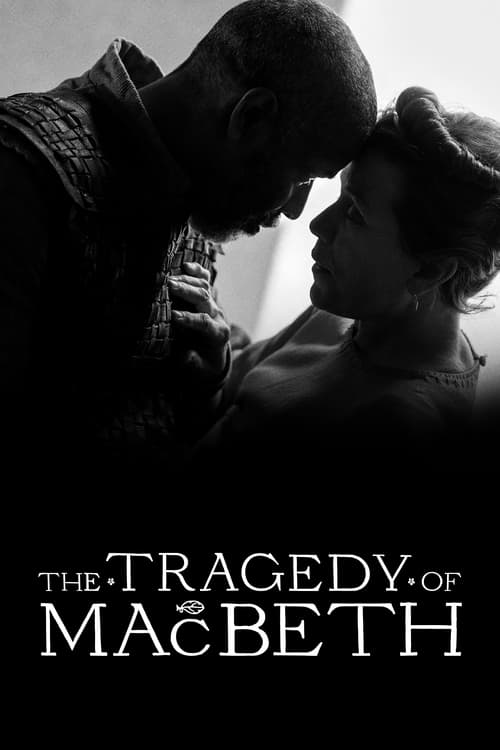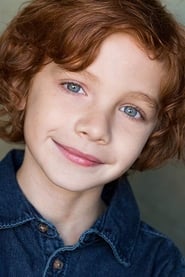
Ask Your Own Question
What is the plot?
What is the ending?
In the ending of The Tragedy of Macbeth, Macbeth faces his downfall as he confronts Macduff, who reveals that he was not "born of woman" in the traditional sense. Macbeth is ultimately killed by Macduff, leading to Malcolm being hailed as the new king of Scotland. Lady Macbeth, consumed by guilt, dies off-screen, presumably by suicide.
As the film approaches its climax, the atmosphere is thick with tension and foreboding. The scene opens with Macbeth, now deeply entrenched in his tyrannical rule, pacing through the dimly lit halls of his castle. Shadows dance on the walls, mirroring the turmoil within him. He clutches the crown, a symbol of his ambition, but it weighs heavily on him, reflecting his growing paranoia and isolation.
In the next scene, we see Lady Macbeth, her once fierce demeanor now replaced by a haunting fragility. She wanders through the castle, her mind unraveling under the weight of guilt from the murders they have committed. The camera captures her in a series of close-ups, revealing the deep lines of anguish etched on her face. She is haunted by visions of blood on her hands, a manifestation of her remorse. The audience can feel her despair as she attempts to wash away the imagined stains, her hands trembling, symbolizing her inability to escape the consequences of their actions.
Meanwhile, Macbeth, emboldened by the witches' prophecies, prepares for battle against the forces led by Macduff and Malcolm. He is resolute, yet there is a flicker of doubt in his eyes. He believes he is invincible, having interpreted the prophecies to mean he cannot be defeated. The tension builds as he dons his armor, the clang of metal echoing in the silence, a stark contrast to the chaos brewing outside.
The battle scene erupts with a cacophony of clashing swords and cries of war. Macbeth fights fiercely, but his confidence begins to wane as he encounters Macduff. The two engage in a fierce duel, the choreography of their movements reflecting their inner turmoil. Macbeth, still clinging to the belief that he is untouchable, taunts Macduff, but the latter reveals a shocking truth: he was "from his mother's womb untimely ripped," meaning he was born via cesarean section, thus not fulfilling the prophecy that no man born of a woman could harm Macbeth.
In a moment of realization, the weight of his hubris crashes down on Macbeth. The camera captures his face, a mixture of fear and disbelief, as he understands that he is not invincible. The duel culminates in a brutal climax, with Macduff ultimately overpowering Macbeth. The final blow is delivered with a sense of inevitability, and Macbeth falls, his lifeless body a stark reminder of the consequences of unchecked ambition.
As the dust settles, Malcolm is proclaimed king, and the atmosphere shifts from chaos to a somber resolution. The final scenes depict Malcolm being crowned, surrounded by his supporters, a symbol of hope and restoration for Scotland. The camera pans out, capturing the remnants of the battlefield, a stark contrast to the earlier scenes of ambition and betrayal.
In the aftermath, Lady Macbeth's fate is revealed through a haunting silence. Her death, implied to be a suicide, underscores the tragic consequences of their actions. The film closes with a lingering sense of loss, emphasizing the emotional and moral decay that ambition can bring. The final shot lingers on the empty throne, a powerful reminder of the fleeting nature of power and the heavy price of ambition.
Is there a post-credit scene?
The Tragedy of Macbeth, produced in 2021, does not have a post-credit scene. The film concludes with a powerful and somber ending that encapsulates the tragic fate of Macbeth and Lady Macbeth, leaving the audience with a lingering sense of despair and reflection on the themes of ambition, guilt, and the supernatural. The final moments focus on Macbeth's downfall and the consequences of his unchecked ambition, creating a poignant closure to the narrative without any additional scenes after the credits.
What motivates Macbeth to pursue the throne after hearing the witches' prophecy?
Macbeth is initially a loyal and valiant warrior, but upon encountering the three witches, he becomes consumed by ambition and the desire for power. The prophecy ignites a latent ambition within him, leading him to contemplate the possibility of becoming king. This internal conflict is exacerbated by Lady Macbeth's manipulation and encouragement, pushing him further down the path of treachery.
How does Lady Macbeth influence Macbeth's actions throughout the film?
Lady Macbeth is a pivotal character who embodies ambition and ruthlessness. Upon learning of the witches' prophecy, she immediately begins to plot Duncan's murder, questioning Macbeth's masculinity and resolve to spur him into action. Her influence is profound; she orchestrates the murder and initially appears strong and unyielding, but as the story progresses, her guilt and madness unravel her, showcasing the psychological toll of their deeds.
What role do the witches play in Macbeth's downfall?
The witches serve as catalysts for Macbeth's ambition and subsequent moral decay. Their cryptic prophecies plant the seeds of ambition in Macbeth, leading him to believe he is destined for greatness. However, their manipulative nature and the ambiguity of their predictions create a sense of inevitability, driving Macbeth to commit heinous acts in pursuit of power, ultimately leading to his tragic downfall.
How does Macbeth's character change from the beginning to the end of the film?
At the beginning of the film, Macbeth is portrayed as a noble and honorable warrior, respected by his peers. However, after the witches' prophecy and the subsequent murder of King Duncan, he becomes increasingly paranoid, tyrannical, and morally corrupt. His descent into madness is marked by guilt and fear, transforming him into a ruthless ruler who alienates those around him, culminating in his tragic end.
What is the significance of the hallucinations experienced by Macbeth and Lady Macbeth?
The hallucinations experienced by both Macbeth and Lady Macbeth serve as manifestations of their guilt and psychological unraveling. Macbeth's visions, such as the floating dagger, symbolize his internal conflict and the weight of his murderous actions. Lady Macbeth's descent into madness, highlighted by her obsessive hand-washing and visions of blood, reflects her overwhelming guilt and the consequences of their ambition, ultimately leading to her tragic demise.
Is this family friendly?
The Tragedy of Macbeth (2021) is not considered family-friendly due to its intense themes and visual content. Here are some potentially objectionable or upsetting aspects:
-
Violence and Murder: The film depicts several scenes of violence, including murder and bloodshed, which may be disturbing for children and sensitive viewers.
-
Supernatural Elements: The presence of witches and dark omens can be unsettling, as they invoke themes of fate and evil.
-
Psychological Distress: Characters experience intense emotional turmoil, including paranoia, guilt, and madness, which may be distressing to watch.
-
Dark Atmosphere: The film's overall tone is bleak and foreboding, with stark visuals that contribute to a sense of dread.
-
Death and Betrayal: Themes of betrayal and the consequences of ambition lead to tragic outcomes, which may be heavy for younger audiences.
These elements combine to create a film that is more suitable for mature viewers.
















































